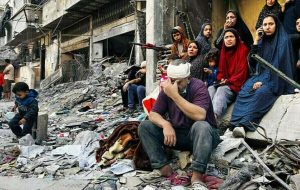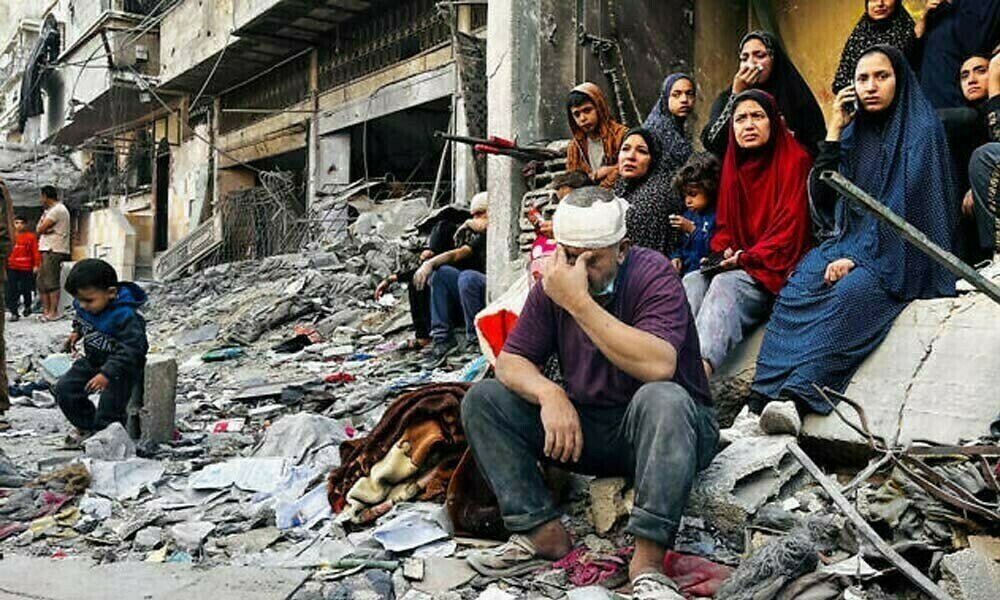Is depriving Lebanon’s displaced students of education negligence or systematic?
BEIRUT – A large percentage of Lebanese students have been directly affected by the US-led Israeli aggression on Lebanon’s southern governorates, Bekaa and the southern suburbs of Beirut. However, the academic year has started in schools and universities despite calls by the public and academic circles to postpone classes. According to a plan by Education


BEIRUT – A large percentage of Lebanese students have been directly affected by the US-led Israeli aggression on Lebanon’s southern governorates, Bekaa and the southern suburbs of Beirut. However, the academic year has started in schools and universities despite calls by the public and academic circles to postpone classes.
According to a plan by Education Minister Abbas Al-Halabi in the caretaker government Najib Mikati, education in schools and high schools that are not used as shelters for the displaced people and are located in “safe” areas will be in-person.
Out of 620 schools, 505 are public schools and 54 are public vocational schools. In addition, some Lebanese universities and 50 private schools have been transformed into shelters for the displaced citizens.
Most public schools have been transformed into shelters for the displaced, whose number exceeds 1.5 million. All of them are grappling with a difficult situation due to poor living conditions, slow internet speed, and lack of electronic tablets for each family.
The obstacles to resuming education are not just administrative but mostly psychological and economic in light of the lack of requirement for distance education, especially since most teachers have fled their homes without their electronic devices. Their number is estimated at 18,792 teachers in the public schools and 16,798 in private schools.
According to educational specialists, it is not the right approach to resume the academic year in this way. They say it should have gone through preliminary stages that included training the educational staff on psychological support for students. Teachers themselves also needed psychological support to be able to perform their training tasks.
The sounds of Israeli warplanes and missiles are haunting Lebanese children; hence, these students need to be properly taken care of to protect them from any psychological harm.
The situation in universities is no different; they have resumed in-person, electronic, and blended learning.
The Lebanese University, the only state-funded public university in Lebanon, will return to normalcy after locating professors, students, and employees, and each faculty will submit its proposals.
Al Maaref University, located in the heart of Beirut’s southern suburbs, is a private university that has not yet started its academic year and is moving towards postponing teaching for the maximum possible period to assess the circumstances.
The rest of the private universities, including the American University of Beirut, the Jesuit University, the Lebanese American University, Beirut Arab University, the Holy Spirit University, and the Lebanese International University, have announced that they will follow blended learning, especially since the basic components of online education are available and have been followed since the outbreak of Covid 19.
